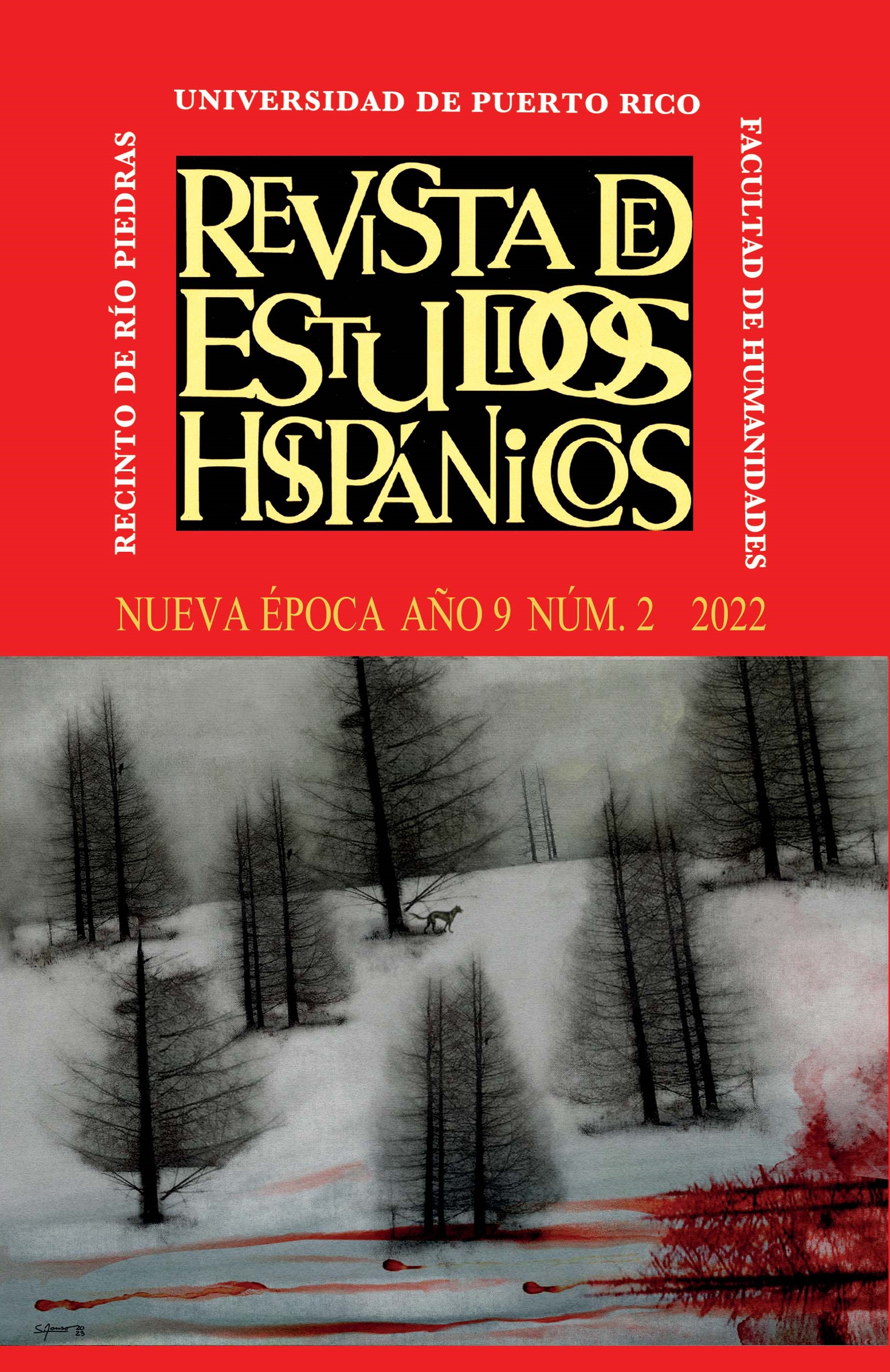Resumen
Antonio Skármeta (1940, Antofagasta, Chile) returns to the conflict of democracy and dictatorship in his 2011 novel, Los días del arcoíris (The Days of the Rainbow), which follows the creation of the No campaign against General Augusto Pinochet in the 1988 Chilean plebiscite. The novel emphasized democracy as a utopian motivator in contrast to the violence of the authoritarian regime. The action of the novel places the characters in mortal danger referencing documented tactics of Pinochet's dictatorial state, creating an atmosphere of fear and suspense leading up to the plebiscite. Drawing on utopian theory and narrative theories of suspense, circumstances that capture the hope and horror of the final months of the Chilean dictatorship. The novel also offers a timely admonishment: while Pinochet lost the plebiscite, the return of full and fair democracy to Chile is still considered a suspended project.

Esta obra está bajo una licencia internacional Creative Commons Atribución-NoComercial 4.0.

